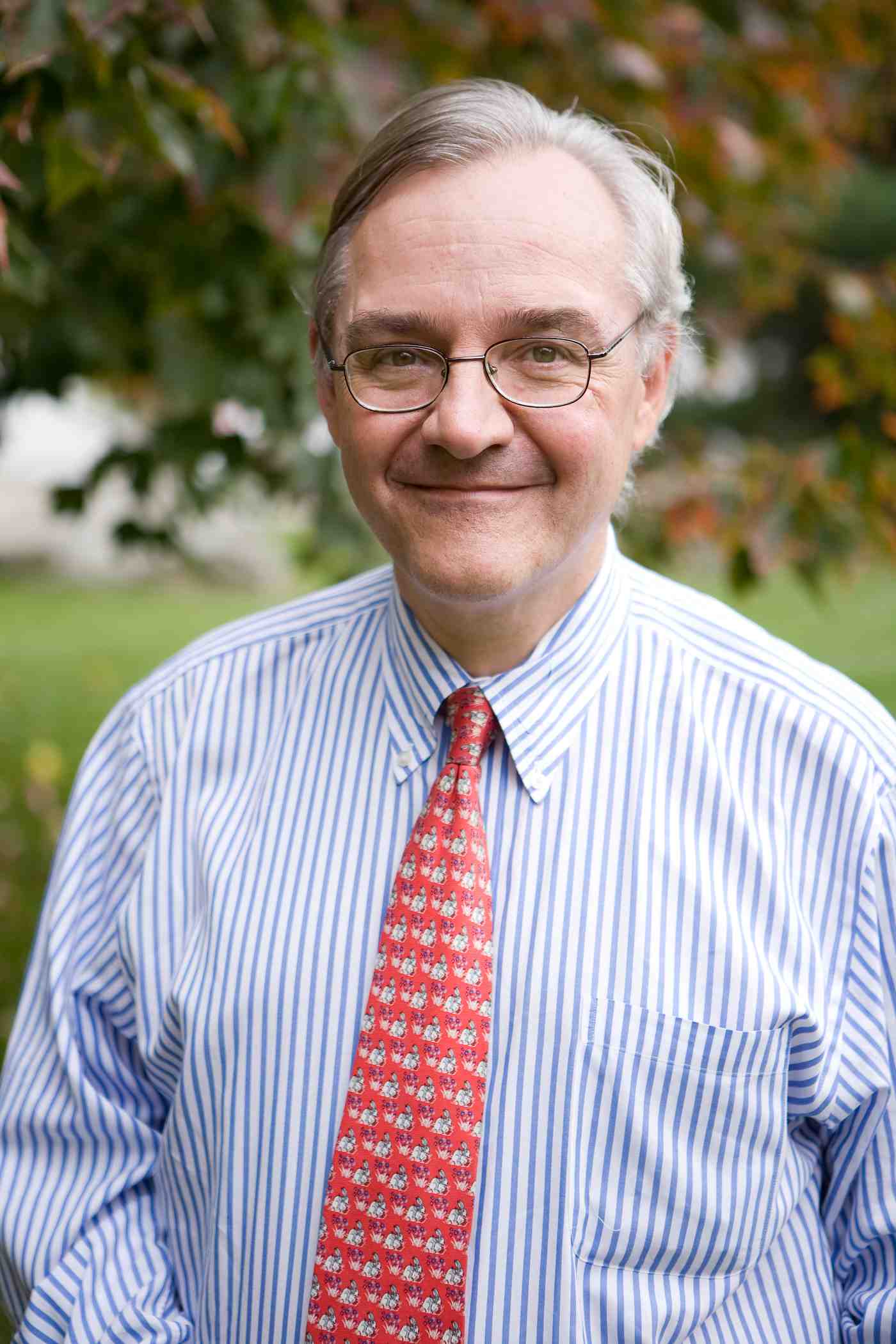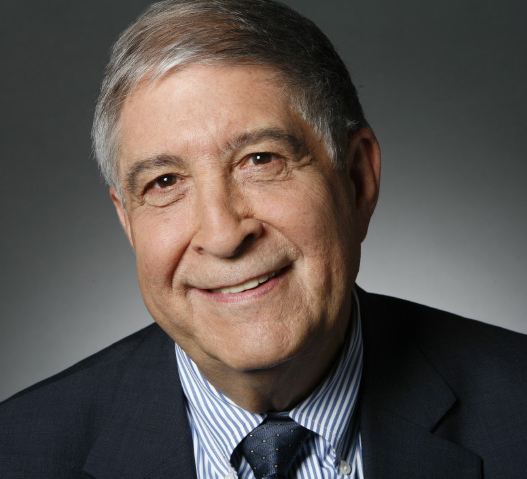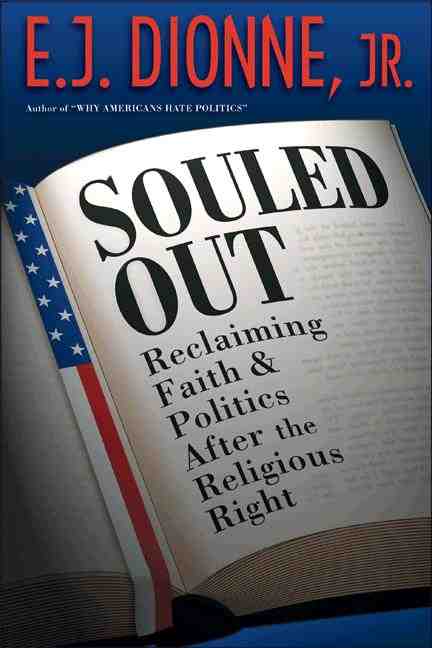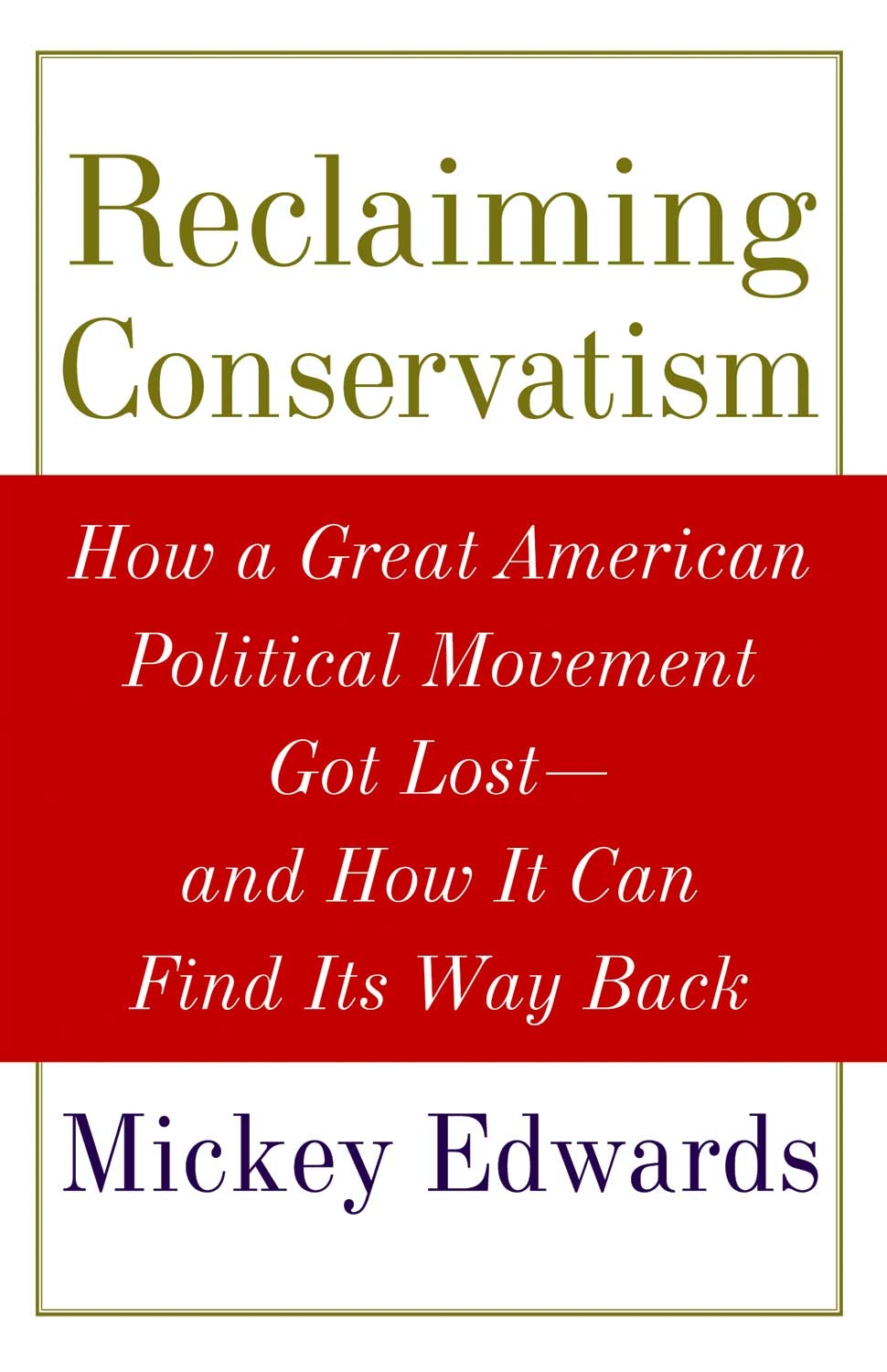new posts in all blogs
Viewing: Blog Posts Tagged with: liberal, Most Recent at Top [Help]
Results 1 - 5 of 5
How to use this Page
You are viewing the most recent posts tagged with the words: liberal in the JacketFlap blog reader. What is a tag? Think of a tag as a keyword or category label. Tags can both help you find posts on JacketFlap.com as well as provide an easy way for you to "remember" and classify posts for later recall. Try adding a tag yourself by clicking "Add a tag" below a post's header. Scroll down through the list of Recent Posts in the left column and click on a post title that sounds interesting. You can view all posts from a specific blog by clicking the Blog name in the right column, or you can click a 'More Posts from this Blog' link in any individual post.

By: Elvin Lim,
on 1/27/2013
Blog:
OUPblog
(
Login to Add to MyJacketFlap)
JacketFlap tags:
Current Affairs,
obama,
honeymoon,
liberal,
creed,
inaugural,
President Barack Obama,
Inaugural Address,
elvin,
Elvin Lim,
anti-intellectual presidency,
*Featured,
Law & Politics,
presidential honeymoon,
second terms,
believes,
Add a tag
By ELvin Lim
Conservatives hate it; liberals love it. His Second Inaugural Address evinces Barack Obama coming into his own, projecting himself unvarnished and real before the world. No more elections for him, so also less politics. He is number 17 in the most exclusive club in America — presidents who get to serve a second term. Yes, there’s still the bonus of a legacy. But the legacy-desiring second-term president would just sit back and do no harm, rather than put himself out there for vociferous battles to come.
For better or for worse, Barack Obama believes that the constitutional compact from whence he derives the fullness of his authority gives him a responsibility. He believes that the framers of the Constitution “gave to us a republic, a government of, and by, and for the people. Entrusting each generation to keep safe our founding creed.” But he did not mean that he was an originalist, or a “constitutional conservative.” Indeed, the very opposite is true. Obama believes that the “founding creed” is no less than this: “we have always understood that when times change, so must we, that fidelity to our founding principles requires new responses to new challenges.” Originalism means change, he is telling us.
This is a president no longer prepared to dally, or to punt on his liberal beliefs. “The commitments we make to each other through Medicare and Medicaid and Social Security, these things do not sap our initiative. They strengthen us,” he said. “Our journey is not complete until our gay brothers and sisters are treated like anyone else under the law,” he also proclaimed. In his mind, there is no need to coddle the political right anymore, and he believes that the truth as he tells it will set us free.
So unreserved was Obama’s conviction that he took the sacred line of modern conservatism, “We the people declare today that the most evident of truth that all of us are created equal — is the star that guides us still” and turned it into the most liberal of philosophies, that “our individual freedom is inextricably bound to the freedom of every soul on Earth.” Obama never really had much of a stomach for unadulterated libertarianism; in his heart of hearts, this former community organizer is a communitarian. This is why he cited “We the People” five times in his address.
Call Obama liberal, or call him correct; the point is half the country does not agree, and there are tough wars to come. That Obama has been so uncharacteristically upfront about his intentions signals, though, his belief that the national political tide has turned. That on gay rights, immigration, and so forth, either because of his electoral mandate or the changing demographics of the country, he believes he holds the upper hand.
And however short his second-term “honeymoon,” I think he does. Had Obama not been re-elected, his first term might have been construed as a fluke; a bit of electoral charity from a guilt-ridden America willing to give a half-African-Anerican a chance to deliver at the White House. But Barack Obama was re-elected by a vote differential of 5 million. Only the most measly of partisan spirits will deride this victory, and deny Obama the honeymoon that he justly earned.
 Elvin Lim is Associate Professor of Government at Wesleyan University and author of The Anti-Intellectual Presidency, which draws on interviews with more than 40 presidential speechwriters to investigate this relentless qualitative decline, over the course of 200 years, in our presidents’ ability to communicate with the public. He also blogs at www.elvinlim.com and his column on politics appears on the OUPblog regularly.
Elvin Lim is Associate Professor of Government at Wesleyan University and author of The Anti-Intellectual Presidency, which draws on interviews with more than 40 presidential speechwriters to investigate this relentless qualitative decline, over the course of 200 years, in our presidents’ ability to communicate with the public. He also blogs at www.elvinlim.com and his column on politics appears on the OUPblog regularly.
Subscribe to the OUPblog via email or RSS.
Subscribe to only politics and law articles on the OUPblog via email or RSS.
The post Obama’s Second Inaugural Address appeared first on OUPblog.


By: Julio,
on 3/23/2010
Blog:
OUPblog
(
Login to Add to MyJacketFlap)
JacketFlap tags:
Sociology,
Religion,
Politics,
American History,
A-Featured,
sex,
pregnancy,
conservative,
liberal,
June Carbone,
Naomi Cahn,
Red Families v. Blue Families,
family,
Add a tag
Julio Torres, Intern
Red Families v. Blue Families by Naomi Cahn and June Carbone examines the differences between the value systems of conservative and liberal families. The book compares, contrasts and connects the differences to explain how these shape contemporary American culture,  economy and law.
economy and law.
The following excerpt explores how red (conservative) families struggle to successfully impart traditional norms of sexual behavior to a generation that no longer lives in the world of unanimous values of the nineteenth century. Today, conservative teenagers subscribe to the irreconcilable values of purity imparted in the home and the individualistic, liberal way of thinking they find outside. The wide gap between “belief and behavior” stems from the disconnect between competing value systems, a challenge that Sociologist Mark Regnerus words as “serving two masters.” Cahn and Carbone lay out the consequences of this dichotomy in red families.
Moral Backlash
This new middle-class ethic, unlike its nineteenth century counterpart, is a direct affront to those who do not accept its premises. The nineteenth-century emphasis on purity, with its condemnation of those who could not live up to its principles, may have been hypocritical (and often racist), but it reaffirmed consensus-based standards of morality. The new version, in contrast, is disdainful of traditional moral restraints, insistent on the rights of women and same-sex couples, and skeptical of once-venerated institutions such as marriage.
Traditionalists have responded to the changes in family form, the negative consequences for children, and the class-based nature of the transformation with a sense of crisis. If advocates of the new order are right that a promising future is the best contraceptive, this disturbing news for poorer men and women who face less-hopeful prospects. Moreover, if investment in women opens new opportunities to prosper in a post-industrial world, it does little for the poorly educated men who have less to offer in a society in which the factories that once employed them have moved overseas and the farms of their youth have given way to mechanized agribusiness conglomerates. The advice to defer childbearing until financial independence just does not resonate for those who may never achieve it.
At the same time, the growing gap between the beginning of sexual activity and marriage creates much more dissonance for evangelicals and their parents than it does for those with more tolerant attitudes towards sexuality. In today’s society, Protestant evangelical teens experience the biggest gap between belief and behavior. Both the teens and their parents hold more-conservative sexual attitudes than many others, but evangelically affiliated adolescents, for a variety of reasons that include class differences, lose their virginity at younger ages than the average for many other religious groups, and they are almost likely to do so with someone other than the partner they will mary. Sociologist Mark Regnerus reports:
“[Evangelical adolescents]…are urged to drink deeply from the waters of American individualism and its self-focused pleasure ethic, yet they are asked to value time-honored religious traditions like family and chastity. They attempt to do both (while other religious groups don’t attempt this), and serving two masters is difficult. What results is a unique dialectic of sexual-conservatism-with-sexual –activity; a combination that breeds in

By: Rebecca,
on 8/18/2009
Blog:
OUPblog
(
Login to Add to MyJacketFlap)
JacketFlap tags:
Anti-Federalists,
Federalists,
tea-party,
Anti Federalists,
Law,
Politics,
Current Events,
American History,
A-Featured,
Barack Obama,
Obama,
Barack,
tea party,
health care,
conservative,
reform,
liberal,
partisanship,
ideology,
health-care reform,
birthers,
Add a tag
Elvin Lim is Assistant Professor of Government at Wesleyan University and  author of The Anti-intellectual Presidency, which draws on interviews with more than 40 presidential speechwriters to investigate this relentless qualitative decline, over the course of 200 years, in our presidents’ ability to communicate with the public. He also blogs at www.elvinlim.com. In the article below he looks at the health-care debate. See his previous OUPblogs here.
author of The Anti-intellectual Presidency, which draws on interviews with more than 40 presidential speechwriters to investigate this relentless qualitative decline, over the course of 200 years, in our presidents’ ability to communicate with the public. He also blogs at www.elvinlim.com. In the article below he looks at the health-care debate. See his previous OUPblogs here.
As America goes into intensive partisan-battling mode this summer over health-care reform, it may be helpful for President Barack Obama and his advisers to sit back and understand the basis of the rage against their plan. An understanding of the resurrected ghosts of Anti-Federalism in today’s conservative movement may offer him some strategies for bringing the Republicans and Blue-Dog Democrats back to the discussion table.
The rage that is out there among conservatives may seem excessive and irrational to liberals, but it is based on an ancient American quarrel. The differences between the “Birthers” and angry town-hallers and Obama precede the Democratic and Republican parties; they precede the Progressive, the Whig, and the Jeffersonian-Republican Party. They were there from the beginning. For the biggest fault-line in American politics was also the first political debate Americans ever had between themselves. It was the debate between the Federalists and the Anti-federalists about the need for a consolidated federal government with expanded responsibilities.
In 1787 and 1788, Anti-Federalists hurled charges of despotism and tyranny against those who proposed the need for a stronger federal government with expanded responsibilities than was envisioned in the Articles of Confederation. Today, the analogous charges against the neo-Federalist Obama are of fascism and socialism. As Federalists reviled the Anti-federalists for their shameless populism, Obama has likened the angry protests staged by his health-care opponents as mob-like thuggery. Conservatives, in turn, have recoiled at liberal condescension; just as Anti-Federalists fulminated against the Federalist aristocracy.
The Anti-Federalists envisioned a small republic because they could not conceive of their representatives - sent far away into a distant capital and surrounded by the temptations of a metropole - would ably be able to represent their communities. The fear of the beltway and of faceless, remorseless bureaucrats directing the lives and livelihood of honest workers and farmers struck fear into the heart of every true republican (lowercase is advised), as it does the modern conservative. Death-panels weren’t the first Anti-Federalist conspiracy theory.
Today’s “birthers” and “enemies list” conspiracy theories are not new stories in themselves other than the fact that they reveal the visceral distrust conservatives have of Barack Obama, just as many Anti-Federalists turned (Jeffersonian) Republicans accused Alexander Hamilton of illicit connections with the mother country, England. Today’s “Tea Parties” are but the modern conservative articulation that they are, like the Anti-Federalists were, the true bearers of the “spirit of ‘76.’”
As Cecilia Kenyon observed decades ago, the Anti-Federalists were “men of little faith.” This characterization is both accurate and one-sided at the same time, so it is no surprise that contemporary Democrats have taken the same line of attack, calling Republicans the “party of ‘No.’” The Anti-Federalists, like today’s conservatives, cannot bring themselves to trust the federal government or Barack Obama. Conservatives are using “scare tactics” because they are scared.
But their fears are not entirely unfounded and certainly not illegitimate, because a measure of distrust of government is the first defense against tyranny and the first implement of liberty. Liberals who have been so quick to trust the federal government should not only have a look at Medicare and Social Security, but acknowledge the mere fact that with one half of the country unconvinced (legitimately or not), the country’s faith in its government has been and will almost always be a house divided. This is a given fact of a federal republic; it is the blessed curse that is America. That is why in all areas in which there is concurrent federal and state responsibility - such as in education and immigration policy - lines of authority and execution are invariably confused and American lags behind almost every other industrialized country. In areas in which federal prerogative is clear and settled - that is to say in areas in which the federal government acts like any other non-federal, centralized government in the world - such as in foreign policy, the president can typically act very quickly (if not too quickly).
The conservative grassroots movement (staged or not) is a real threat to Obama’s health-care plan. But if the movement doth protest too much, it should ironically also be a source of comfort to the president. That there is so much anxiety and push back suggests that conservatives feel genuinely threatened. With Democratic control of all branches of government (and the open possibility of passing the health-care bill via the reconciliation process which will only need a simple majority in the Senate), conservatives believe that the liberals can transform their America into something their parents and grandparents would no longer recognize.
Here then, is the lesson to be learned. If the president wants to get anything done - he must strike at the heart of the problem: it is one of a fundamental, thorough-going(dis)trust. Barack Obama must convince Republican and Blue-Dog dissenters that he is one of them. Bowing before foreign Sultans and mouthing off about racial profiling did not endear him to conservatives, who only want to feel assured that the president is for them, not against them. These are minor gestures, which is why it won’t be tremendously costly for the president to present them as a peace offering. And calling protesters to his health-care plan a “mob” is definitely not a peace offering. It invokes the very perception of condescension the Anti-Federalists felt in 1787, reinforcing the ancient and original “us” versus “them.” To unite the county, he must transcend not only party, but ideology, and history itself. Barack Obama must break the legacy and transcend the language of our 222-year-old, bimodal politics. Quite simply, he must convince conservatives that he too can feel, and talk, and protest, and hurt, and fear, and agitate like a latter-day Anti-Federalist; and he is no less intelligent, no less rational, no less compassionate, no less constructive, and certainly no less American for trying to do so.




By: Rebecca,
on 5/22/2008
Blog:
OUPblog
(
Login to Add to MyJacketFlap)
JacketFlap tags:
Politics,
Current Events,
American History,
A-Featured,
conservative,
E.J Dionne,
liberal,
Mickey Edwards,
democrat,
republican,
galbraith,
Add a tag
Today we are proud to bring you E.J. Dionne, Jr. (who just published Souled Out) in conversation with Mickey Edwards(frequent OUPblog contributor and author of Reclaiming Conservatism). This is the third and final part of this series.
E.J. Dionne, Jr. is a syndicated columnist with The Washington Post, a senior fellow at the Brookings Institution and a professor at Georgetown University. He is the author of Souled Out: Reclaiming Faith and Politics After the Religious Right, which was published in January by Princeton University Press.
 Mickey Edwards is a former Republican Congressman, founding trustee of the Heritage Foundation, and national chairman of the American Conservative Union. He is the author of Reclaiming Conservatism: How A Great American Political Movement Got Lost- and How It Can Find It Way Back
Mickey Edwards is a former Republican Congressman, founding trustee of the Heritage Foundation, and national chairman of the American Conservative Union. He is the author of Reclaiming Conservatism: How A Great American Political Movement Got Lost- and How It Can Find It Way Back
Email Three
Dear Mickey,
Once again, many thanks for your thoughtful reply. I do think you provide a model for other conservatives to emulate: You take seriously both the need for markets and the need for rules to govern those market; you take seriously social needs as well as individual needs; and you take seriously the fact that markets all by themselves will not always provide the goods we need (for example, health insurance for the elderly and the chronically sick). Your reply suggests that in the next era – whether we call it liberal or not — our country will have a rendezvous with problem solving, not problem avoidance.
emulate: You take seriously both the need for markets and the need for rules to govern those market; you take seriously social needs as well as individual needs; and you take seriously the fact that markets all by themselves will not always provide the goods we need (for example, health insurance for the elderly and the chronically sick). Your reply suggests that in the next era – whether we call it liberal or not — our country will have a rendezvous with problem solving, not problem avoidance.
Now I don’t want you to shudder and think, “My gosh, the last thing I need is for liberals to accord me that ‘strange new respect’ they always offer apostate conservatives.” So I want to close this exchange by taking your conservatism seriously, which everybody should.
Let me begin with progressive taxation. The case for higher taxes on the wealthy is straightforward: The wealthy have enjoyed the vast majority of the gains in wealth and income over the last seven years – and inequality has been growing for three decades. We have not had this level of inequality since 1929, a rather ominous fact when you think about it.
Permit me to cite some findings from my friends at the Economic Policy Institute. They noted recently that “median family income — income earned by families in the middle of the income distribution, with half of all families poorer and half richer — in the latest recovery has failed to recover the losses of the previous recession. This marks the first time this has happened since World War II in a business cycle lasting anywhere near as long as the most recent cycle.”
Another finding: “While productivity is up nearly 20% since 2000, the real median hourly wage is up 3% overall and 1% for men, with none of this growth occurring over the three-and-a-half years since 2003. At the top of the wage scale — at the 95th percentile — real wages are up 9%.” Finally, this: “After rising quickly in the second half of the 1990s, most workers real wages have been stagnant in the 2000s, especially since 2003. This result holds for a wide variety of wage and compensation measurements, including those that add the value of fringe benefits.”
The Bush Administration’s tax cuts have showered benefits on the wealthiest Americans at the very moment when their share of the economy is already going up. We need to offset inequalities with different tax policies and different social policies (notably universal health care) not just because that is just, but also because rising purchasing power across the economy is an essential component of growth and prosperity. A rising tide that actually does lift all boats tends to lift everybody’s boat faster and higher – including, by the way, the boats of the wealthy.
That’s also why I mention unionization. It’s clear that unions played an essential role in creating a broad middle class in our country by increasing the bargaining power of average workers. Our current low rates of private sector unionization are one reason for rising inequality.
Of course I agree with you that it’s a mistake to hold people harmless for foolish investments. But it’s striking that the Fed bailed our Bear Stearns even as we have done little to help homeowners caught in a mortgage mess that was in part created by deceptive practices on the part of lenders. I do not fault Fed Chairman Ben Bernanke for preventing a market meltdown. He did what was necessary. Still, it’s odd how even bailouts these days are unfair. And it’s also striking how many wealthy friends of the market and supporters of deregulation welcomed big government in this case. I quoted John Kenneth Galbraith on this phenomenon in a recent column. As the economist John Kenneth Galbraith noted of the era leading up to the Depression, “The threat to men of great dignity, privilege and pretense is not from the radicals they revile; it is from accepting their own myth. Exposure to reality remains the nemesis of the great — a little understood thing.”
I still miss Galbraith. But, for that matter, I also miss his friend Bill Buckley. Buckley provided conservatism with inspiration at a moment when liberals were still on the rise. You have taken on an even more difficult task: to inspire conservatives as a moment of decline. I hope you enjoy success – though, honestly, not too much success. There is a good deal of common sense in what you have to say, a lot of practical wisdom, and a refreshing willingness to think outside the narrow range within which Washington-based conservatism is currently trapped. We need more Edmund Burke and Robert Nisbet, and less of an ideology that has all the thoughtfulness of a direct mail piece. Godspeed in your effort to provide us with a considered, practical contemporary conservatism worthy of a great tradition.
Thanks, E.J
I’ve thoroughly enjoyed this exchange. While we may not always agree (for example, the problem  in my view is not that the tax code is not progressive enough but that the current system of deductions and credits allows many of the most wealthy to avoid paying a fair share) you have again demonstrated both your impressive intellect and your serious concern for the well-being of that large number of Americans who find daily life a struggle even in a nation of unprecedented opportunity and prosperity. Your very generous comments about me, personally, and about “Reclaiming Conservatism” mean a lot to me, as does our friendship. Neither of us may have all the right answers, but so long as we and others like us are able to have a serious and respectful conversation about the future which will be common to all of us, the America we both love will grow only stronger and better. Thank you for joining in this discussion. I wish you the very best in all that you do
in my view is not that the tax code is not progressive enough but that the current system of deductions and credits allows many of the most wealthy to avoid paying a fair share) you have again demonstrated both your impressive intellect and your serious concern for the well-being of that large number of Americans who find daily life a struggle even in a nation of unprecedented opportunity and prosperity. Your very generous comments about me, personally, and about “Reclaiming Conservatism” mean a lot to me, as does our friendship. Neither of us may have all the right answers, but so long as we and others like us are able to have a serious and respectful conversation about the future which will be common to all of us, the America we both love will grow only stronger and better. Thank you for joining in this discussion. I wish you the very best in all that you do
Mickey
ShareThis
Of all the honors Nim's received, I think this is the one that's excited me most: the Girl Scouts of Northeast New York now have a Nim's Island patch, and the first 75 girls are already working on it. They've also invited her to be an honorary girl scout. I am so thrilled about this - I think Nim would love to be a girl scout if she lived a bit closer to other kids. I was a brownie when I was little, and it meant a lot to me. I loved working towards and getting various badges, and it seems amazing that something I've created should become a badge for other kids to work on.
Connie Thaler, the project developer for the Girl Scouts of Northeastern New York, has given me this link to the project plan for the patch. It's an excellent, thorough project touching on all sorts of areas of skill and life - have a look.
www.gsneny.org/Images/File/program/GSNENY.Nim.Information.2.pdf
Elvin Lim is Associate Professor of Government at Wesleyan University and author of The Anti-Intellectual Presidency, which draws on interviews with more than 40 presidential speechwriters to investigate this relentless qualitative decline, over the course of 200 years, in our presidents’ ability to communicate with the public. He also blogs at www.elvinlim.com and his column on politics appears on the OUPblog regularly.



 economy and law.
economy and law.



